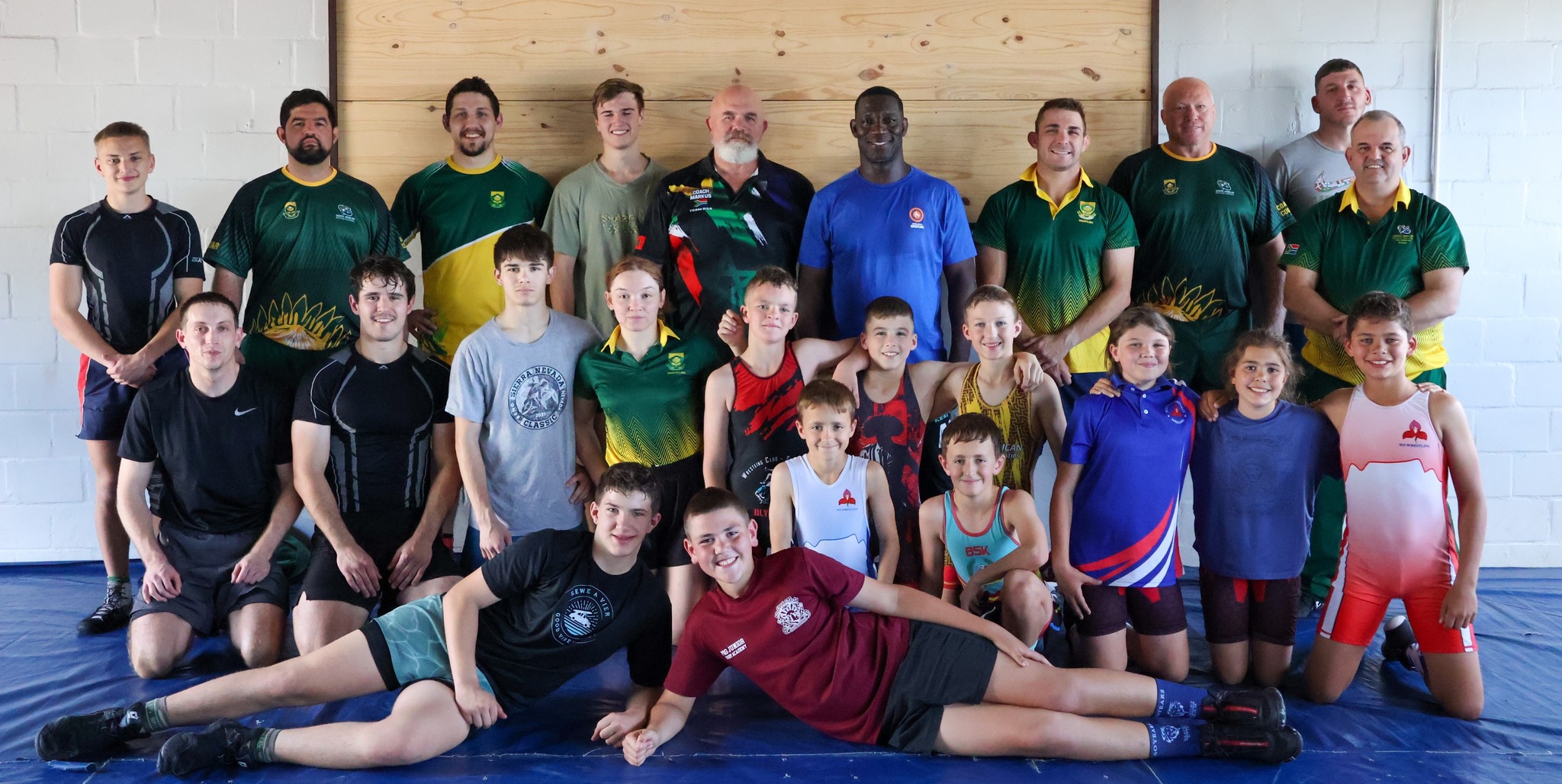Wrestling Completes Homologation Test for Tokyo 2020
Wednesday, February 5, 2020 - 17:44 By

Wrestling completed a successful homologation test for the 2020 Olympic Games last week in Tokyo, with all sides confident in how the competition's scoring, results, and time management systems will function in August.
The homologation tested several new technologies brought forward since the last Olympic Games in Rio, including the two day competition format, new draw system, and new referee selection process. The teams also went through several scenarios to test a variety of scoring, timing and results situations. The several day technical exercise brought together Tokyo 2020 Sport & Technology team, the International Olympic Committee (IOC) Olympic Results and Information Services (ORIS) team, and providers of the Olympic Games Atos and Omega.
For the testing procedure, United World Wrestling sent Jean-Daniel Rey, Director of Sport and Sébastien Guenat, Director of IT to help coordinate and oversee the test.



Share your thoughts.
Comments